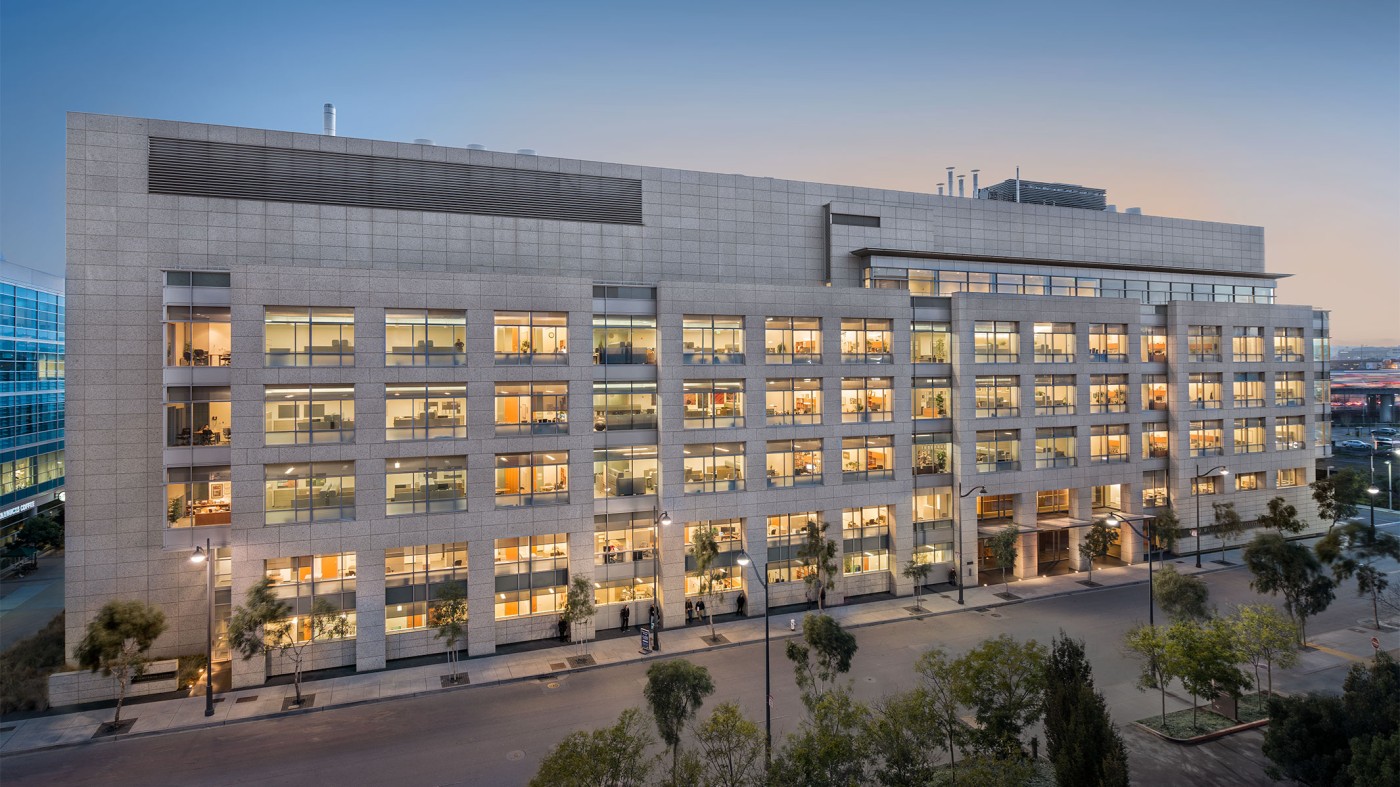Gladstone NOW: The Campaign Join Us on the Journey✕

SAN FRANCISCO, CA—April 13, 2012—The Robert J. and Claire Pasarow Foundation will next week present Gladstone Institutes Senior Investigator and President Emeritus Robert W. Mahley, MD, PhD, with its 2012 Award in Cardiovascular Research, bestowing yet another honor upon Gladstone's founding scientist.
The Pasarow Foundation each year recognizes a select few scientists who have distinguished careers in the fields of cancer, cardiovascular disease or neuropsychiatry. Dr. Mahley was chosen specifically for developing an understanding of the critical role that apoE—a protein that transports cholesterol and helps to regulate cholesterol levels in the blood—plays in heart disease. He is the first scientist from Gladstone to receive this honor. The Pasarow Foundation will recognize Dr. Mahley on April 20 at a private ceremony in Los Angeles.
Dr. Mahley, who founded Gladstone in 1979 before serving as its president for 30 years, is an internationally recognized expert on heart disease, cholesterol metabolism and, more recently, Alzheimer's disease. After establishing the importance of apoE early in his career, he arrived at Gladstone and identified the critical role that apoE plays in heart disease. This laid the groundwork for the explosion of research related to apoE4, a type of apoE that is found in 1 in 4 Americans. Today, many scientists believe that apoE4 is the most important genetic risk factor for Alzheimer's, a devastating disease that is the sixth leading cause of death nationwide.
“Dr. Mahley's identification of apoE's role in heart disease has had a transformative impact on the field of cardiovascular research,” said Jack Barchas, MD, Pasarow Foundation President. “We are privileged to honor Dr. Mahley for his extraordinary contributions to cardiovascular medicine.”
The Pasarow Foundation was established in 1987 to celebrate significant achievements in basic and/or clinical research, with its main purpose being to increase public awareness of critical disease areas such as cancer, heart disease and psychiatric disorders. Past awardees include Nobel Prize winner Elizabeth Blackburn of the University of California, San Francisco (UCSF), Judah Folkman of Harvard Medical School and National Institute of Allergy and Infectious Diseases Director Anthony Fauci.
“I have long been inspired by the Pasarow Foundation's mission to recognize scientists who have dedicated their careers to fighting such conditions as heart disease—which continues to be the number one killer for both men and women worldwide,” said Dr. Mahley, who is also a professor of pathology and medicine at UCSF, with which Gladstone is affiliated. “I am both honored to receive this award and humbled to be in the company of such stellar scientists.”
Throughout his career, Dr. Mahley has championed the value of “basic” research—in which scientists focus on advancing our fundamental understanding of biology—to develop cutting-edge treatments that improve human health. He recently created the Gladstone Center for Translational Research to facilitate the movement of aspects of Gladstone's basic research into therapies that can directly benefit patients. Today he continues to explore the exact role of apoE4 in Alzheimer's, and how apoE4 could be modified so as not to influence the progression of this deadly disease.
“Dr. Mahley's commitment to understanding apoE's critical role in cardiovascular—and now neurological—disease has been an inspiration to me and to my fellow scientists,” said R. Sanders Williams, MD, president of Gladstone. “We are thrilled—though not surprised—that the Pasarow Foundation agrees that Dr. Mahley is one of the field's most influential scientists.”
Several other preeminent organizations have also recognized Dr. Mahley for his contributions to science and medicine. Last year he received the American Heart Association's Distinguished Scientist Award and has been elected to both the National Academy of Sciences and the Institute of Medicine, two of the most prestigious honors available for U.S. scientists. In addition, he recently received the Builders of Science Award from Research!America for helping guide Gladstone to become one of the world's leading independent research institutes.
About the Gladstone Institutes
Gladstone is an independent and nonprofit biomedical-research organization dedicated to accelerating the pace of scientific discovery and innovation to prevent, treat and cure cardiovascular, viral and neurological diseases. Gladstone is affiliated with the University of California, San Francisco.

